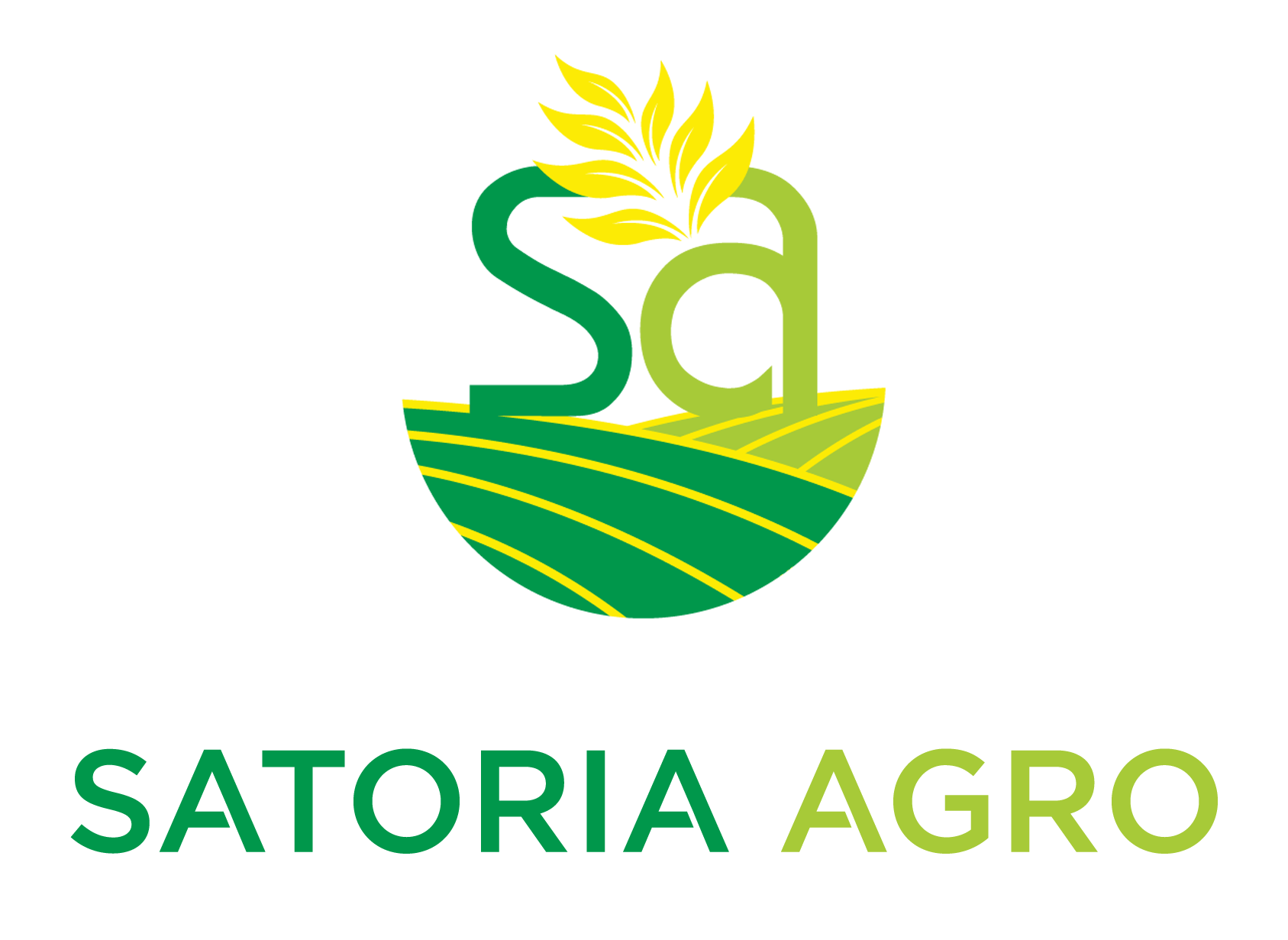A plant-based diet, characterized by a focus on plant-derived foods and a reduced or complete exclusion of animal products, has gained significant popularity in recent years. People opt for this dietary choice for various reasons, including ethical concerns, environmental considerations, and potential health benefits. However, when transitioning to a plant-based diet, it’s crucial to ensure that all nutritional needs are met to maintain optimal health and well-being. In this article, we will explore essential nutrients that require attention when adopting a plant-based lifestyle and how to meet these needs.
-
Protein
Protein is a fundamental nutrient needed for various bodily functions, including muscle maintenance, enzyme production, and immune system support. While animal products are known for their complete protein profile, plant-based sources can also provide ample protein. Legumes, such as beans, lentils, and chickpeas, are excellent sources of protein. Additionally, tofu, tempeh, seitan, and certain grains like quinoa and amaranth contain significant protein content. By incorporating a variety of plant-based protein sources into meals, individuals can easily meet their daily protein requirements.
-
Iron
Iron is essential for transporting oxygen throughout the body and maintaining overall energy levels. Plant-based iron sources include dark leafy greens (spinach, kale), legumes (lentils, black beans), fortified cereals, nuts (cashews, almonds), and seeds (pumpkin seeds, sesame seeds). To enhance iron absorption, it’s beneficial to consume vitamin C-rich foods (citrus fruits, bell peppers, strawberries) alongside iron-containing meals.
-
Vitamin B12
Vitamin B12 is primarily found in animal products, and its deficiency can lead to various health issues, including anemia and nerve problems. For individuals following a strict plant-based diet, it’s essential to obtain vitamin B12 from fortified foods like plant-based milk, breakfast cereals, and nutritional yeast. Alternatively, vitamin B12 supplements are widely available and recommended for ensuring adequate intake.
-
Calcium
Calcium is vital for maintaining strong bones and teeth, as well as supporting nerve function and muscle contractions. While dairy products are traditional sources of calcium, plant-based options like fortified plant milk (soy, almond, oat), tofu, tempeh, and dark leafy greens can offer sufficient calcium intake. Ensuring enough vitamin D, either through sunlight exposure or fortified foods, is also crucial for calcium absorption.
-
Omega-3 Fatty Acids
Omega-3 fatty acids play a crucial role in heart health, brain function, and reducing inflammation. While fatty fish is a primary source of omega-3s, plant-based alternatives such as chia seeds, flaxseeds, walnuts, and hemp seeds provide alpha-linolenic acid (ALA), a precursor to other essential omega-3s. Including these foods in the diet can help meet omega-3 requirements. However, some individuals may consider adding an algae-based omega-3 supplement for optimal intake.
-
Vitamin D
Vitamin D is essential for bone health, immune function, and overall well-being. While the best source of vitamin D is sunlight, those in regions with limited sun exposure may need to rely on fortified foods like plant-based milk, orange juice, and certain cereals. Vitamin D supplements are also available for individuals with inadequate sun exposure.
Adopting a plant-based diet can be a rewarding and healthful choice when done with attention to meeting nutritional needs. By including a diverse array of plant-based foods and being mindful of essential nutrients like protein, iron, vitamin B12, calcium, omega-3 fatty acids, and vitamin D, individuals can thrive on a plant-based lifestyle.
Consulting with a registered dietitian or healthcare professional can provide personalized guidance and ensure that nutritional needs are adequately met. With proper planning and a variety of plant-based foods, individuals can enjoy the benefits of a plant-based diet while promoting their overall health and well-being.

